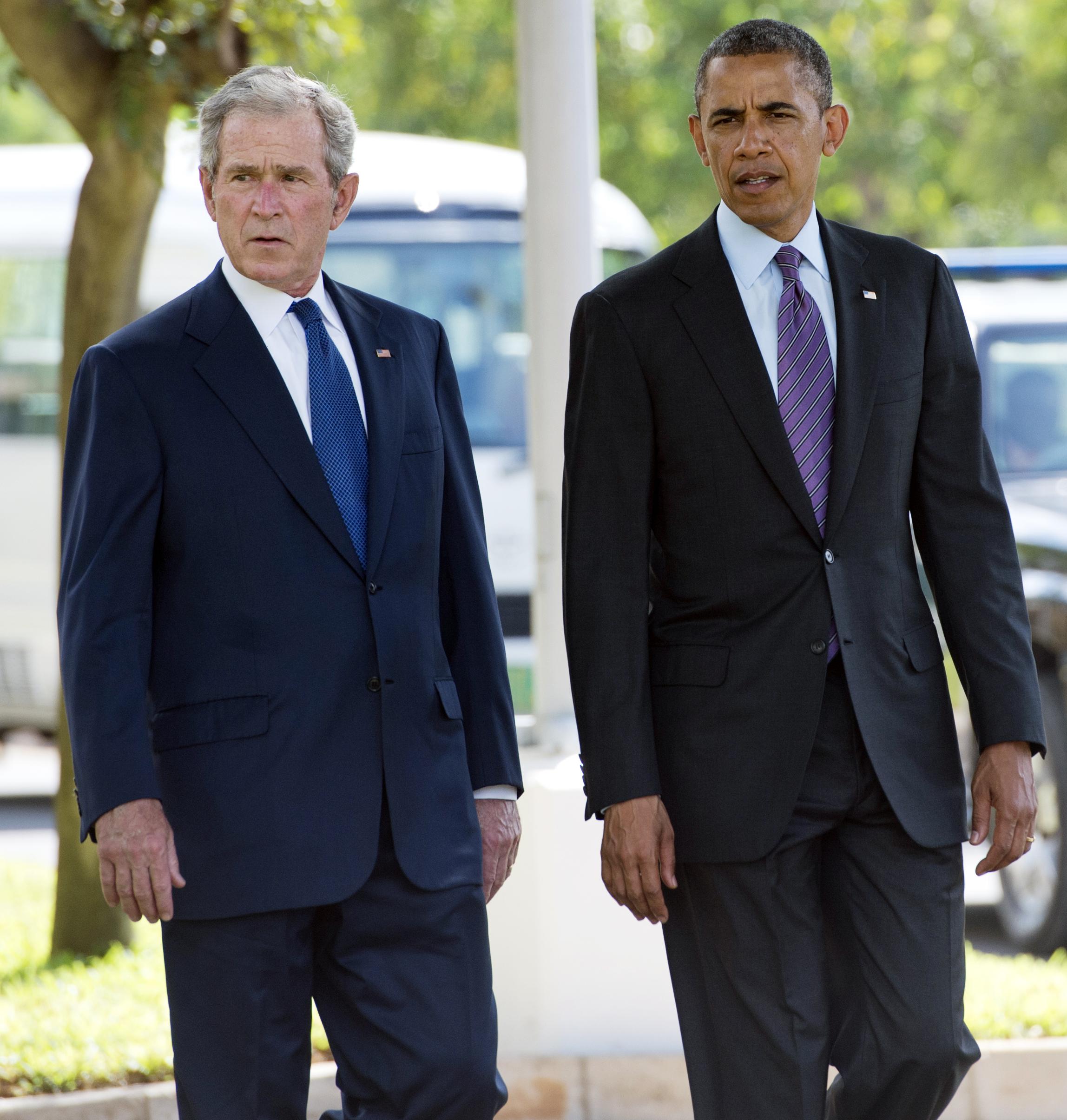The Weekly Standard is making the editorial case for airstrikes in Syria. So is National Review; so are a few neoconservatives not named “John Bolton.” But the mission’s not going well, and a solid 4–1 majority of Republicans in the House appear to already have the votes to stop the resolution to authorize force. That’s Stephen Hayes’ cue to explain how Republicans are basically still hawks but have decided that President Obama’s a ditherer with an unclear plan. Hayes quotes an anonymous “House Republican leader,” which sounds more like Eric Cantor (pro-airstrikes) than Kevin McCarthy (undecided).
The largest group in the House, by far, has a strong deference to American power and a belief in strong executive action on national security. There’s just not a lot of confidence in Obama.
It’s true that many of the statements from reluctant Republicans have a more-sorrow-than-anger tone, hinting that they wished they could support this intervention; it’s also true that the intervention was more theoretically popular a few months ago. But if you don’t see that the noninterventionists are gaining ground, you’re starting your history in the wrong chapter.
- Eighteen years ago the new GOP House majority voted 243–171 to bar money for peacekeepers in Bosnia.
- Fourteen years ago the GOP voted to kill a resolution supporting airstrikes in Kosovo. (It was a 213–213 tie in the House, but only 30 members of the GOP majority were on the “aye” side.)
- Thirteen years ago George W. Bush ran as the candidate of a loosely-defined “humble” foreign policy that would avoid the intervention-palooza of the Clinton years. As he said in the second debate with Al Gore, when asked about Somalia:
I don’t think our troops ought to be used for what’s called nation-building. I think our troops ought to be used to fight and win war. I think our troops ought to be used to help overthrow the dictator when it’s in our best interests. But in this case it was a nation-building exercise, and same with Haiti. I wouldn’t have supported either.
That was 2000, then 9/11 happened and—do we really need to go over this again?—the neoconservatives in the administration won the argument that the administration could and should commit troops to Iraq to topple one dictator and inspire democratic change in the rest of the Levant. It didn’t work out like that. And the knowledge of this is nudging Republicans back to their standard pre-9/11 theory of intervention—don’t do it unless there’s an obvious danger to the United States, and even then, if a Democrat is president, troll him relentlessly about his strategy.
